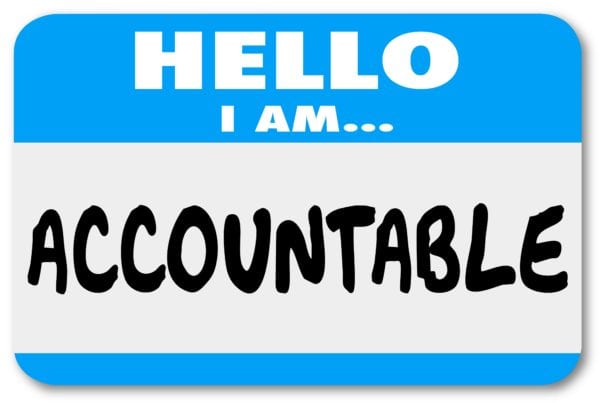In the current political climate I have received a lot of questions about political correctness (PC).
Clients sometimes ask, “If I am always thinking about what to say and what not to say, isn’t that just political correctness? Seems like a waste of time!”
I’ve also heard this concern: “Everyone these days seems to get offended over everything! I’m all for being sensitive, but isn’t there a limit?”
On the one hand, I understand these concerns. If you feel like you have to watch everything you say, that’s a lot of energy spent. You also may start to feel disingenuous or like you’re walking around on eggshells.
On the other hand, if we say whatever we want without restraint, not only could it become a legal issue, but we lose the ability to have empathy, to think before we speak, and a host of other skills that are critical to a functioning society.
As I talked about in last month’s blog, this dilemma seems like a trap. But there is another option, and that option is inclusion.
Inclusion differs from political correctness in many ways. For one, when you say something PC, it’s often because you feel that is what is expected of you or you’ve been told to. In other words, being PC comes from external pressures. Now let me be clear that I do believe we need some external societal pressures to be civil and live as a group. Without those pressures we become emboldened to give in to some of the baser parts of our humanity, and that is the seed of tragic events like genocide.
But inclusion is more valuable than political correctness. When you say something inclusive, you do so because you want everyone in your team or society to have a voice. For example, if you have a team with ten U.S. American members and one Mexican member, due to the number imbalance on the team, language barriers, and other issues it would be easy for the Mexican perspective to be lost. When you practice inclusion on that team you might say good morning in English and Spanish. You might take pauses every five to ten minutes to check in and clarify anything that non-native English speaker missed. You ensure that the Mexican team member’s feedback and ideas are considered, and you watch out for “majority always rules” on your team.
This is not political correctness. This is a value driven from the inside. Inclusion is a belief that everyone counts, and that the best ideas come from varied sources.
I am Jewish, but I was raised in a very lax religious environment. My family always celebrated Christmas and Hanukkah. We had a giant Christmas tree every year and a house full of decorations. So when someone wishes me Merry Christmas, I don’t feel offended. I love Christmas. But I am sometimes saddened when the Jewish holidays are forgotten. Jews are only 2% of the U.S. population, but when someone wishes me a happy Rosh Hashanah, I feel like I matter. That is not political correctness; that is developing a value for seeing things through other people’s eyes.
Inclusion is about owning your history, your biases, and your human tendencies, and countering their negative effects with intentional behavior and mindsets. I read once that political correctness is about looking good, whereas inclusion is about being good, being that person that makes others feel comfortable and therefore brings out the best in them.
If you want results, set a tone of inclusion in your company. Let team members know what behaviors are and are not acceptable at work, but go beyond that. When everyone feels like they count, they will be motivated to shine and everybody wins.






